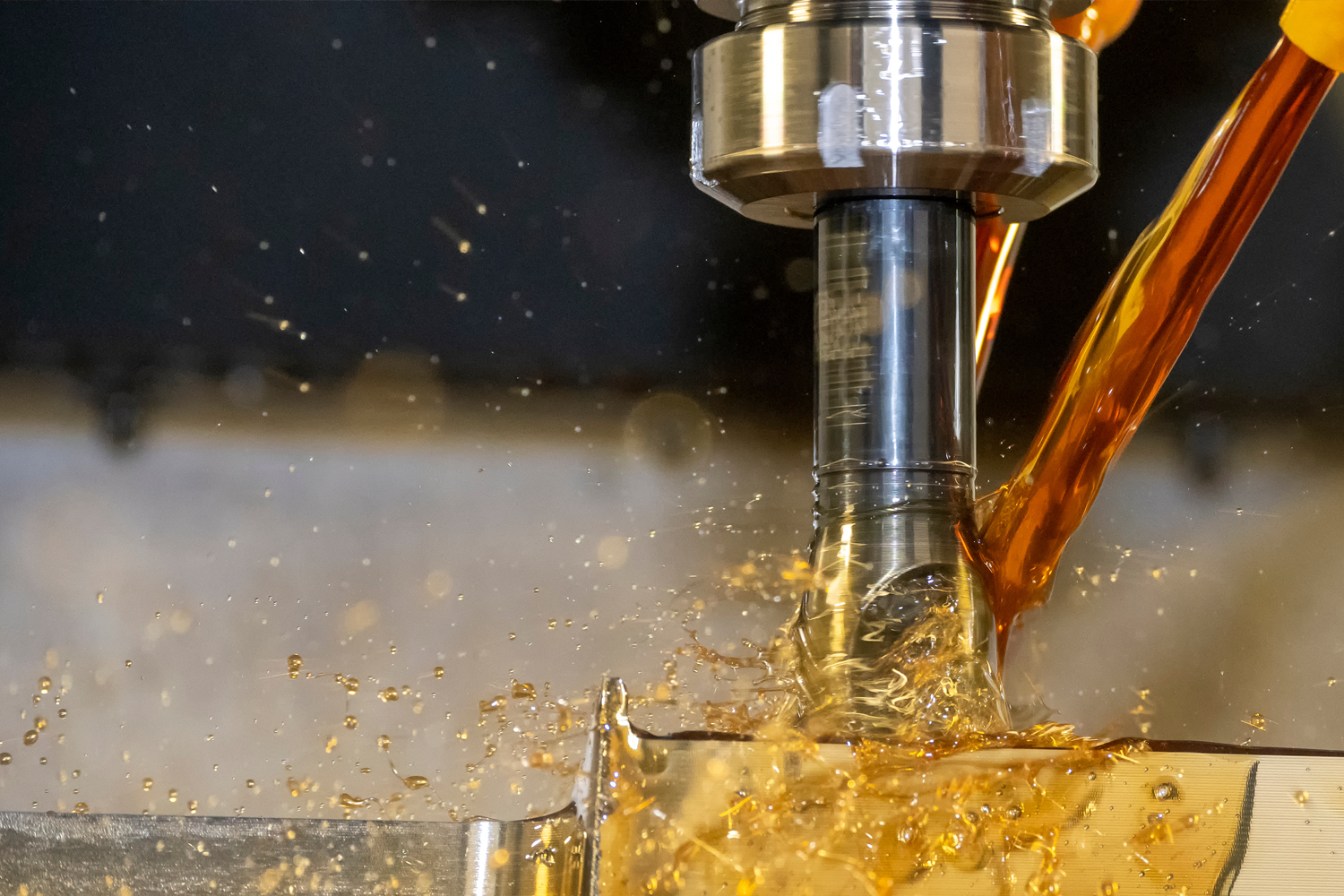Never use Rust Preventive Oils Again
If you’ve spent a day in the metalworking industry, you’ve at least encountered the annoyance of corrosion.

Corrosion costs manufacturers an estimated $360 billion dollars each year. In an effort to combat oxidation on their work, many in the metalworking industry turn to Rust Preventative (R.P.) oils. Unfortunately, R.P. oils aren’t the most effective option. Having spent over a decade supplying the industry with metal rust remover and VCI packaging products, we’ve seen firsthand how inferior R.P. liquids are.
13 reasons why Rust Preventative Oils are hurting your business:
- Spraying, brushing or dipping metal parts into R.P. liquids is extremely labor intensive.
- The majority of liquids available in today’s market evaporate within 3-6 months of application, making it necessary to reapply often.
- The poor degreasability of R.P. oils makes it difficult to remove for other processes such as phosphating, plating, painting and others.
- The oils attract contaminants out of the air and adhere it to the surface of parts, often accelerating the corrosion process.
- Disposal of 55-gallon drums and oil-soaked rags can be very expensive, impacting the cost of scaling a company or its processes.
- Storing the oils in a plant can significantly increase insurance premiums due to their low flashpoint.
- R.P. oils are a pollutant, affecting lakes, streams and groundwater.
- The oils contain Volatile Organic Compounds which pollute the air and are harmful to employee’s health.
- Vapors from petroleum solvent-based R.P. oils can cause dizziness and pulmonary irritation if inhaled.
- Oils are harmful to human skin, resulting in dermatitis.
- Common spills lead to slip and fall accidents which can be costly for a company.
- Many R.P. Oils have been shown to contain known carcinogens.
- Oils aren’t nearly as effective at preventing rust and corrosion as VCI products are.